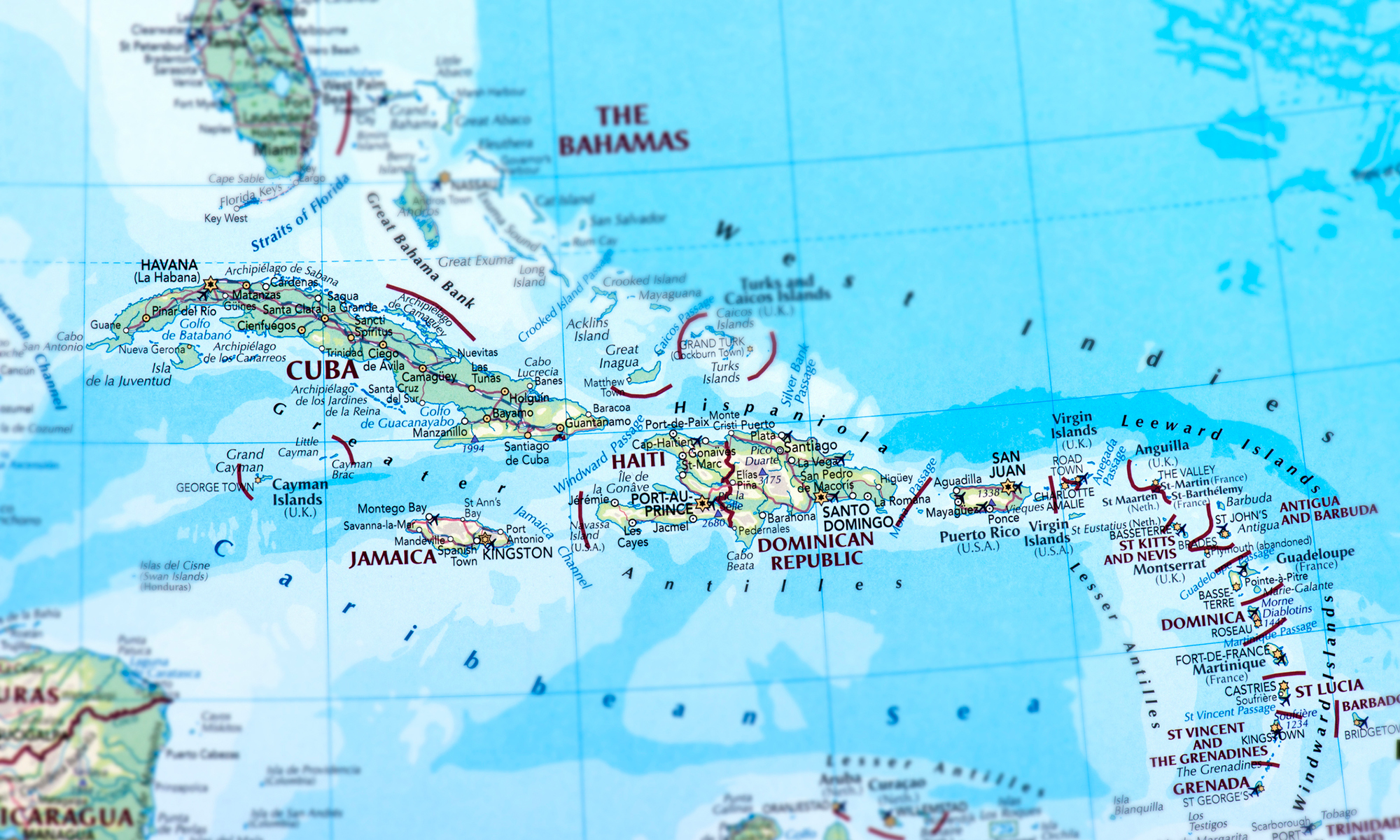Western Union announced this week that it has resumed limited remittance services between the United States and Cuba. The pilot program allows for money transfers of up to $2,000 a day.
“It is with great pleasure we announce the resumption of our Cuba operations with an initial testing phase of outbound service from the U.S. to customers with Cuban bank accounts via select U.S. Agent locations,” announced Gabriella Fitzgerald, the president of Western Union North America. “The close connection between our U.S. customers and their families living in Cuba, together with the role our services play in helping create better lives, are inextricably linked,” she added. “We are delighted to offer this critical connection once again for our customers.”
Online transfers are currently unavailable. The program’s initial phase only permits transfers of U.S. Dollars from limited sites in Miami, including certain locations of Florida Check Cashing, Navarro, Sedano’s Supermakets, La Fama Supermarkets, Exito Supermarkets, Mundo Communicatel, Price Choice Foodmarket, and J&R Century. The money is forwarded to three government banks in Cuba: Banco Metropolitano SA, Banco de Credito y Comercio, and Banco Popular de Ahorro. The person in Cuba receiving the transferred funds is required to present government issued identification to retrieve the money.
The announcement comes more than two years after former President Trump forced Western Union to cease operations in Cuba. In 2020, the Trump Administration prohibited money transfers to Cuba along with other restrictions intended to tighten sanctions against the island’s communist regime. President Biden’s election brought an expectation that U.S. – Cuba relations would return to the openness created during the Obama years. However, the political environment fermented by the continued repression of human rights in Cuba has hampered the anticipated outreach from President Biden. Now that the Biden Administration is permitting a formal remittance mechanism to resume, after a two-year-hiatus, we must now wait to see what lies ahead. That is whether the Cuba will take steps to open its economy and society, and if so, how willing the U.S. will be to recognize any such movement. Thus, we revisit the 64-year-old query as to whether the U.S. fosters its interests in Cuba by trade or by sanctions.
Jose A. Aquino (@JoseAquinoEsq on Twitter) is a special counsel in the New York office of Duane Morris LLP, and a member of the Duane Morris Cuba Business Group. This blog is prepared and published for informational purposes only and should not be construed as legal advice. The views expressed in this blog are those of the author and do not necessarily reflect the views of the author’s law firm or its individual attorneys.
